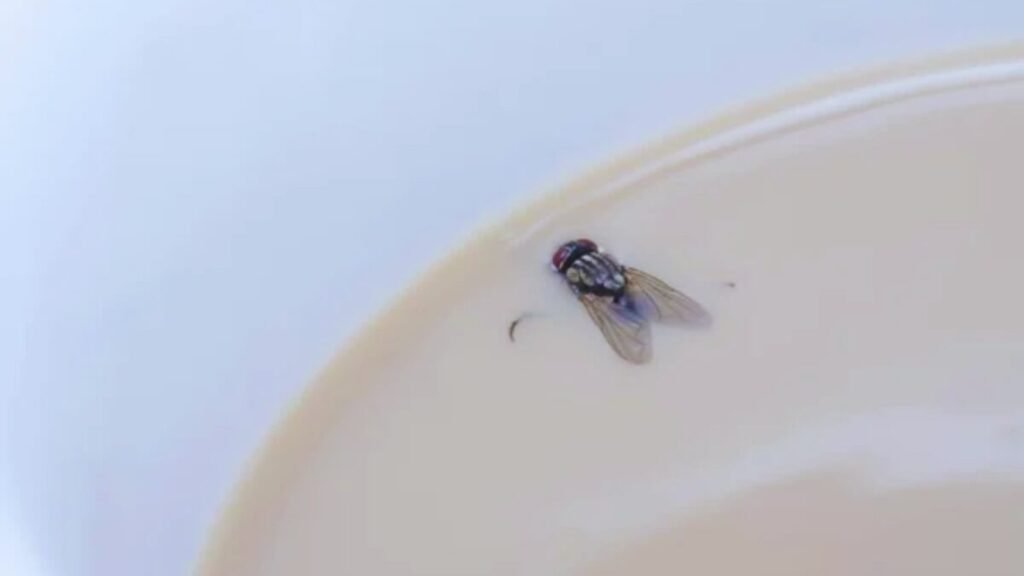It’s not just insomnia: The surprising effect of nighttime coffee discovered through flies

It is an essential part of daily routine for millions of people, but a new study suggests that the timing of when we consume it may matter more than we think. Using flies as a model, researchers discovered that caffeine consumed at night not only disrupts sleep… it also makes our reflexes more impulsive towards uncomfortable stimuli.
Coffee and Behavior: A Time-Dependent Relationship

The study analyzed how caffeine influences behavior based on the time of consumption. The experimental model was unexpected: fruit flies fed caffeine and then exposed to bursts of air, a stimulus that normally slows down their movement.
The result was clear. Those who consumed impulsively and without inhibition, ignoring the discomfort of the stimulus. However, this pattern was not observed when consumption occurred during the day. The difference points to the circadian cycle as a key factor in how the body processes the substance.
According to neurobiologist Kyung-An Han, this altered behavior suggests that the biological clock could modulate the impact of caffeine on decision-making. And although it was conducted with insects, the mechanisms involved could offer useful insights for humans.
Females React More: A Data Point That Raises Questions

The difference was between males and females. Although caffeine levels were identical, females showed much greater impulsivity. The team rules out human hormonal causes, as these insects do not have estrogen or similar hormones, suggesting a genetic or neurological basis that is not fully understood yet.
For co-author Paul Sabandal, this could have important implications for those working night shifts or facing sleep disorders. “We wanted to know if timing makes a difference, and it clearly does,” he explained.
In certain circumstances, it could be playing a less innocent role in how we act… without us even noticing.






